
Ever noticed that peculiar noise coming from your Mini front wheel, almost like it’s whispering about its past road trips and adventures? That might be your car’s way of saying it’s time for a little TLC, specifically when the front wheel bearings need a replacement. In this guide, we’ll equip you with the clues to catch them red-handed, understand their secrets, and know exactly when it’s time to swap them out for a fresh set.
What Is a Front Wheel Bearing?
Front wheel bearings in your Mini are essentially how your front wheels turn. It’s a set of tiny steel balls in a disc, which lives inside the wheel’s hub and helps the wheel spin smoothly. Those little balls, as long as they are able to roll freely, help reduce friction.
Unfortunately, the wheel bearings are susceptible to wear and tear. As dirt and grime get into the bearings, they are less able to spin freely, and can wear down over time. Even the vibrations from the road can cause the bearings to wear down eventually, so it’s important to keep an ear out for any changes.
When Should You Replace Wheel Bearing
Ever think your Mini could talk? Well, it does, in its own special way. Let’s decode those signals:
- Unpleasant Sound: There you are, cruising down the street, feeling cool, when your Mini decides to drop its latest trackᅳa mix of growls and hums coming right from the wheels. Nope, it’s not aiming for a Grammy; it’s your wheel bearings throwing a fit. They start off with a whisper but as you hit the gas, the sound becomes louder. These grumbles and squeaks are your car’s way of gossiping about what’s going on inside. When these sounds become as familiar as your favorite playlist, it’s a big, flashing neon sign that it’s time to take a closer look at those wheel bearings.
- Steering Wheel Shaking: If your steering wheel suddenly thinks it’s in a dance-off, shimmying and shaking when you’re just trying to drive straight, brace yourself. Those wheel bearings are probably crying foul. This jiggly steering wheel act is a big hint that your bearings are on their way out, struggling to keep your wheels tight and right.
- Pulling To One Side: Ever felt like your Mini’s got a mind of its own, taking a wrong turn to chase after ghosts? While a detour to the unknown might sound thrilling, it’s actually a sign your wheel bearings might be sending your alignment out of sync. They’re basically saying, “Help me, before we both end up somewhere we didn’t plan on going!”
What Makes The Wheel Bearing Fail?
- Stress: Wheel bearings live a life of endless toil. Every turn, acceleration, and surprise pothole puts them to the test. Even though they keep your ride smooth, they have their breaking point. All that action wears them down, setting the stage for their SOS signals.
- Dirt and Moisture: Despite their tough exterior, wheel bearings have a weaknessᅳuninvited guests like dirt and moisture. Once these crash the party, it’s only a matter of time before corrosion and wear start to dance on the bearings’ grave, cutting their groove short.
- Inevitable Wear and Tear: Like everything under the sun, wheel bearings have their lifecycle. They can only take so much spinning and loading before they start losing their grip, leading to a decline in performance. Regular peeks under the hood can catch these aging signs early, ensuring your Mini keeps rolling smoothly.
Stay Ahead of the Game
Waiting for a dramatic wheel bearing issue? Nah, let’s not. Think of regular check-ups as your Mini’s personal health plan. Allowing a professional mechanic to catch those early signs of wear can save you from the wheel drama nobody wants to star in. It’s all about keeping things rolling smoothly without any last-minute plot twists.
Book An Appointment Now
At Carotech Automotive, we’re more than 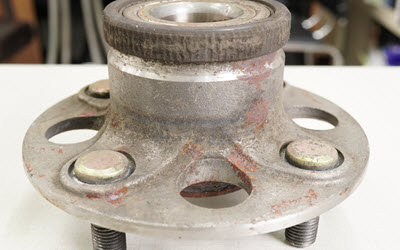 just mechanics; we’re your car’s best buddies, ready to jump into action whenever those wheel bearing troubles start to cramp your style. No matter the adventure your Mini has been through, our team has the skills, the tools, and the passion to bring back that smooth, silent ride you love. We are known by Mini owners in Los Angeles, CA, and nearby cities. Booking an appointment with us is like hitting the easy button for your car maintenance. So why wait? Give us a call now!
just mechanics; we’re your car’s best buddies, ready to jump into action whenever those wheel bearing troubles start to cramp your style. No matter the adventure your Mini has been through, our team has the skills, the tools, and the passion to bring back that smooth, silent ride you love. We are known by Mini owners in Los Angeles, CA, and nearby cities. Booking an appointment with us is like hitting the easy button for your car maintenance. So why wait? Give us a call now!

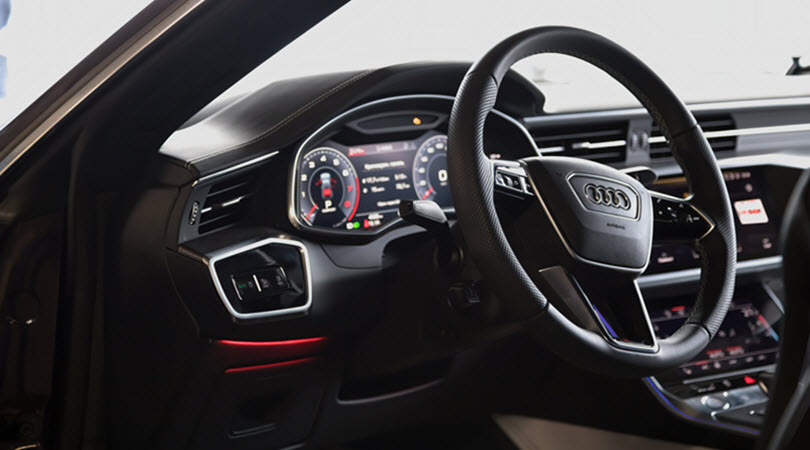
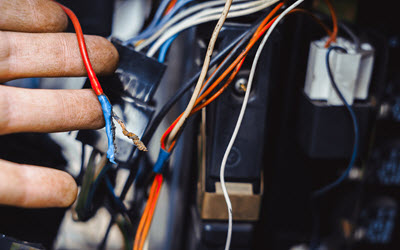 are the leading auto repair shop for all Audi repairs. If you notice any inconsistency in your Audi’s digital dashboard, you can trust us to handle it. Our team comprises highly trained technicians equipped with the expertise to diagnose and proficiently resolve any dashboard issues your Audi might face.
are the leading auto repair shop for all Audi repairs. If you notice any inconsistency in your Audi’s digital dashboard, you can trust us to handle it. Our team comprises highly trained technicians equipped with the expertise to diagnose and proficiently resolve any dashboard issues your Audi might face.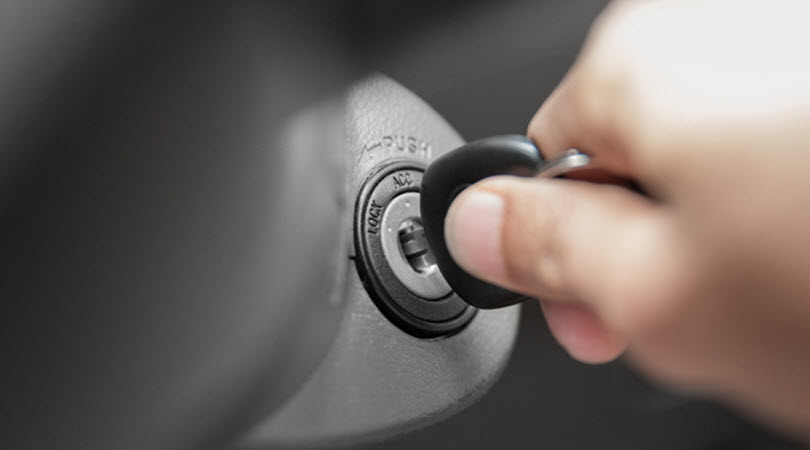
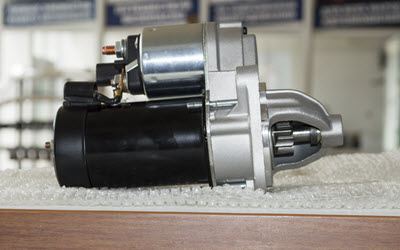 choice for exceptional repairs and maintenance, specifically for Mercedes owners. When you entrust your vehicle to our garage, our team of trusted mechanics will meticulously diagnose the root cause behind your car’s reluctance to start. With precision and expertise, we’ll swiftly and accurately resolve the issue, ensuring your Mercedes gets back on the road with confidence.
choice for exceptional repairs and maintenance, specifically for Mercedes owners. When you entrust your vehicle to our garage, our team of trusted mechanics will meticulously diagnose the root cause behind your car’s reluctance to start. With precision and expertise, we’ll swiftly and accurately resolve the issue, ensuring your Mercedes gets back on the road with confidence.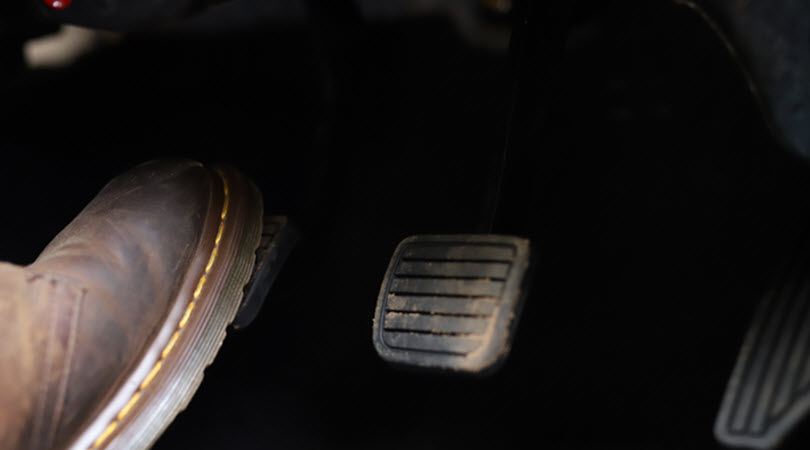
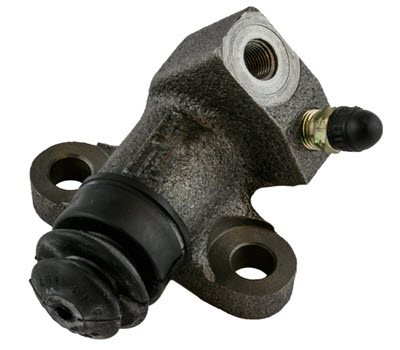 our commitment to excellence. Our team of skilled technicians understands the nuances of Porsche engineering, and we approach clutch slave cylinder replacement with the precision it demands. We believe in transparency and ensure that our clients are informed at every step of the process. Located in the heart of Los Angeles, CA, we serve as a haven for Porsche enthusiasts who demand the best for their vehicles. Our state-of-the-art facility, paired with a passion for automotive excellence, makes us the ideal choice for your Porsche’s service and repair needs.
our commitment to excellence. Our team of skilled technicians understands the nuances of Porsche engineering, and we approach clutch slave cylinder replacement with the precision it demands. We believe in transparency and ensure that our clients are informed at every step of the process. Located in the heart of Los Angeles, CA, we serve as a haven for Porsche enthusiasts who demand the best for their vehicles. Our state-of-the-art facility, paired with a passion for automotive excellence, makes us the ideal choice for your Porsche’s service and repair needs.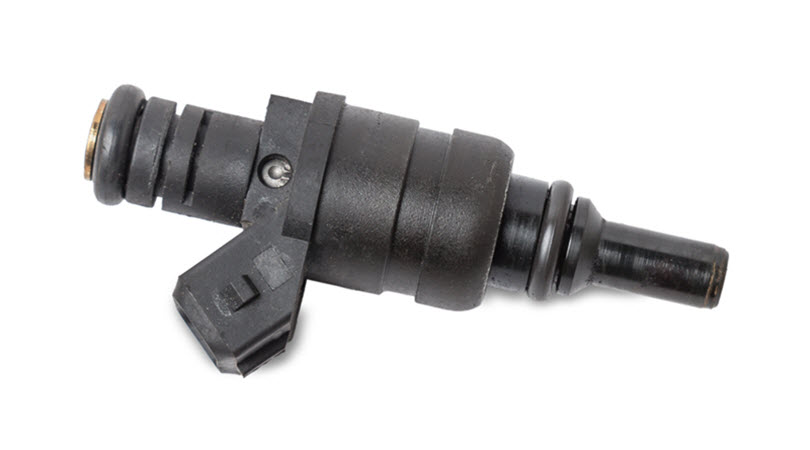
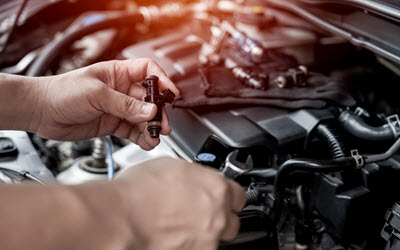 performance, expertise reigns supreme.
performance, expertise reigns supreme. 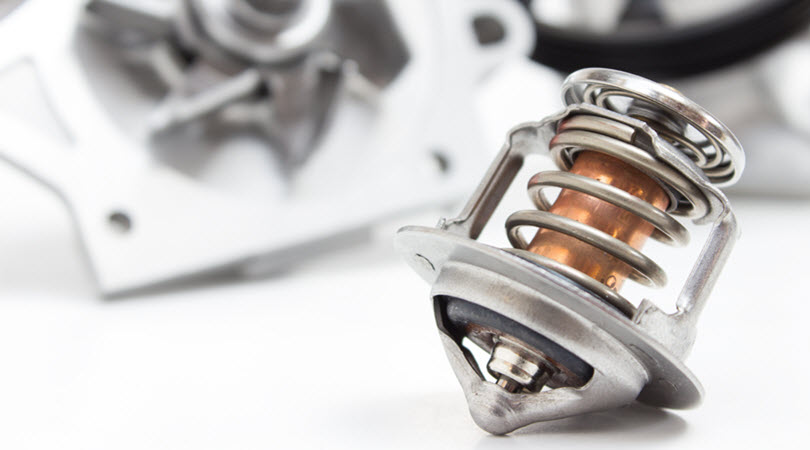
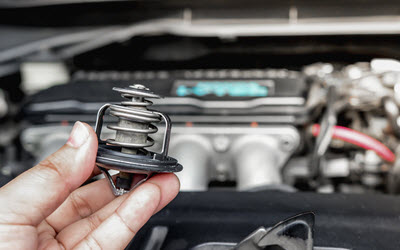 is a problem that should never be underestimated. It directly affects your car’s performance, fuel efficiency, and overall lifespan. Replacing it promptly and expertly is imperative, and for Mercedes owners in Los Angeles, CA,
is a problem that should never be underestimated. It directly affects your car’s performance, fuel efficiency, and overall lifespan. Replacing it promptly and expertly is imperative, and for Mercedes owners in Los Angeles, CA, 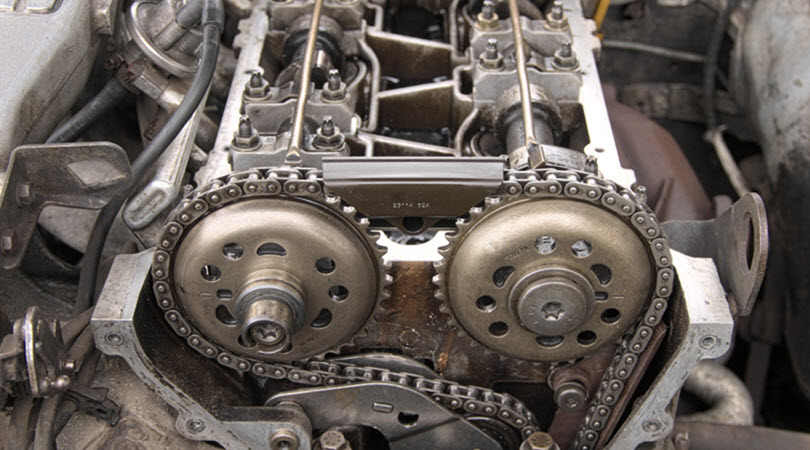

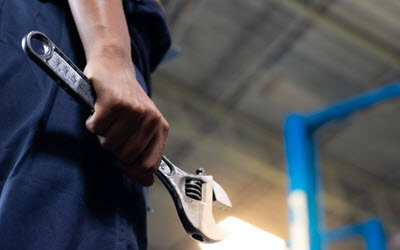 as a lesson in the importance of diligent vehicle maintenance. Through awareness, regular maintenance, and proactive responses, such challenges can be navigated effectively. At
as a lesson in the importance of diligent vehicle maintenance. Through awareness, regular maintenance, and proactive responses, such challenges can be navigated effectively. At 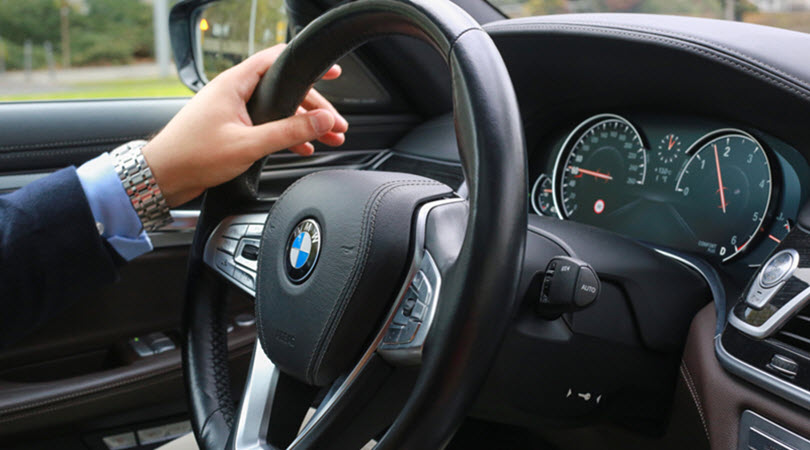
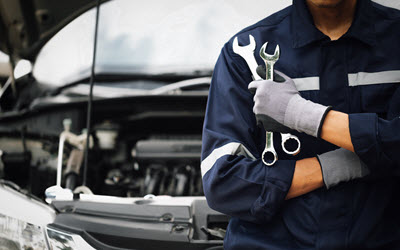 in your BMW, you can trust our technicians at Carotech Automotive. We stand as the premier choice for BMW drivers in Los Angeles, CA, and its surrounding areas. Our skilled technicians are well-equipped to diagnose, troubleshoot, and resolve any electronic problem your BMW may encounter, ensuring that your driving experience remains safe and enjoyable. Get in touch with us today and let us help you get back on the road with confidence.
in your BMW, you can trust our technicians at Carotech Automotive. We stand as the premier choice for BMW drivers in Los Angeles, CA, and its surrounding areas. Our skilled technicians are well-equipped to diagnose, troubleshoot, and resolve any electronic problem your BMW may encounter, ensuring that your driving experience remains safe and enjoyable. Get in touch with us today and let us help you get back on the road with confidence.
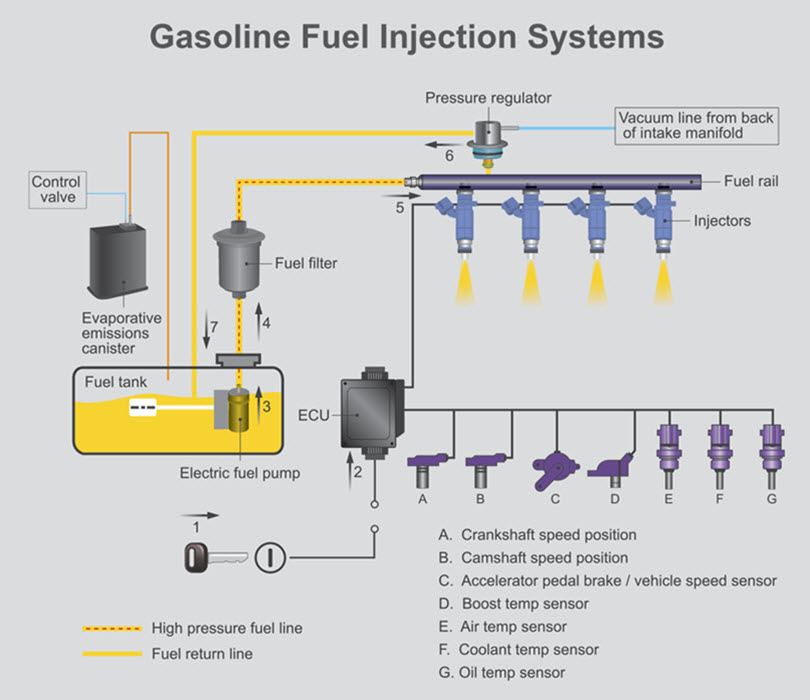




Recent Comments